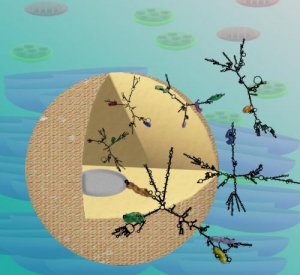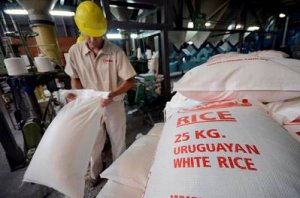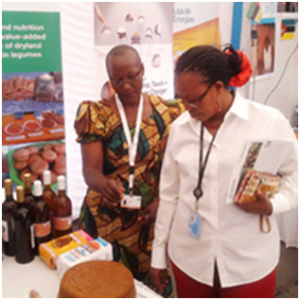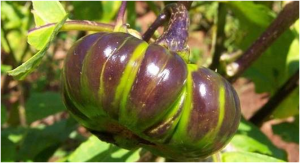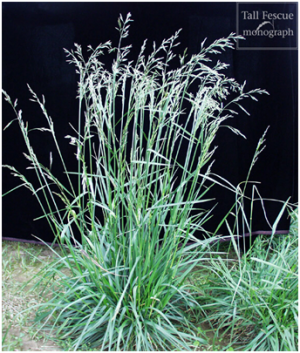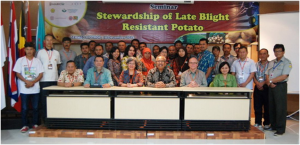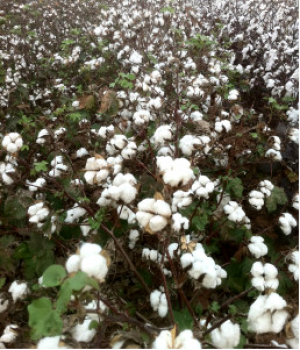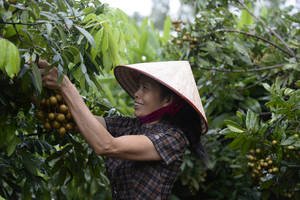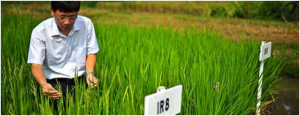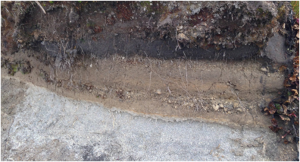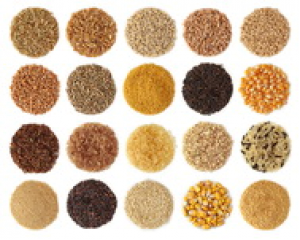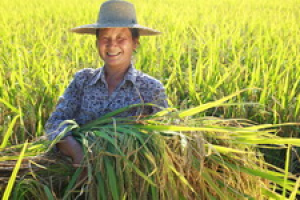|
Eat millets, pay less, stay healthier, save earth
Friday, 2016/09/02 | 17:58:11
|
|
Originally published in India Climate Dialogue by Jency Samuel; ICRISAT
Figure: Bio-fortified pearl millets could be a weapon against malnutrition. (Photo by M. Govindaraj)
Demand is slowly increasing for various types of millets that require very little water to grow. Scientists say that millet cultivation needs to be further encouraged to adapt to global warming that leads to losses in crop yields
“There is a marked improvement in our health and stamina after we reverted to a millet diet from rice a few years back,” says Mallika of Kolli Hills in Tamil Nadu. “The demand for millets has steadily increased in the last three years,” says Jayakumar, a retailer of organic products.
Minor millets — foxtail millet, little millet, kodo millet, proso millet and barnyard millet —as well as the major millets sorghum (great millet), bajra (pearl millet) and ragi (finger millet) are increasingly being included in the food basket of rural and urban households. They cost less than rice or wheat, and keep you healthier. They also need less water to grow and can tolerate higher temperatures, crucial for farmers in this era of climate change.
Droughts, heat waves, cloudbursts, flash floods are all on the rise, especially in India. In its latest report, the Intergovernmental Panel on Climate Change has said this is due to global warming. It is already affecting food production adversely, and this will get worse. Climate change is also bringing about indirect losses. Increase in average atmospheric temperature increases the growth period of a crop in cooler climates. Varying rainfall patterns change soil moisture, which in turn affects yield.
Researchers from University of British Columbia and McGill University analysed production records of 16 cereals across 177 countries over a 50-year period. They found that the production of maize, wheat and rice had decreased by 10% due to changing weather. The crop production loss was double in recent years than in the 1980s, due to increased warming.
Kavi Kumar of Madras School of Economics says that in recent years, Tamil Nadu loses 4,000 tonnes of kharif (summer) rice due to climate change every year. Chakravarthula Manoharachary of Osmania University says that rabi (winter) crops, wheat in particular, are also hit by climate change. With every one degree Celsius rise in temperature, wheat production is reduced by 4 to 5 million tonnes.
Crop pest data since 1822 analysed at the University of Exeter show crop pests spreading to newer latitudes as the temperature goes up. Manoharachary adds that water required to grow maize is projected to rise over the years, as per a study done in three Indian states.
See more: http://www.icrisat.org/eat-millets-pay-less-stay-healthier-save-earth/ |
|
|
|
[ Other News ]___________________________________________________
|


 Curently online :
Curently online :
 Total visitors :
Total visitors :
(10).png)
